The aftermath to the Trump administration’s recent withdrawal from the Paris agreement revealed some tantalizing possibilities of the new domestic and global order.
President Trump’s decision to withdraw from Paris was met with newfound confidence from cities, university presidents, business leaders, and several states. Claiming that the Trump administration’s decision to withdraw is “out of step with what is happening in the United States,” hundreds of cities – from Little Rock to Los Angeles – declared their commitment to carry out the goals of the Agreement and to reduce greenhouse gas emissions by 26 to 28 percent by 2025, compared with 2005 levels. To ensure objective rigor, a new effort led by California Governor Jerry Brown of California and former NYC Mayor Mike Bloomberg will measure the effect of new climate initiatives.
Here’s the intriguing question.
What if the coalition-based response of cities to climate change becomes the norm of problem solving in the U.S. and the world?
What if cities collectively designed interventions for solving hard challenges, based on objective science and research, and then established mechanisms for spreading innovative practices to address those challenges throughout the country and the world?
The Climate Accord could easily set the precedent for a Children’s Accord, an idea already being discussed by leading mayors. As with climate change, the challenge isn’t the lack of science or information; we know what works. Another similarity between the two is that many of the levers of progress in early childhood education are already locally-controlled, with increasing numbers of cities implementing public pre-kindergarten programs, such as the City of Learners and Preschool Promise initiatives implemented by Dayton, Ohio Mayor Nan Whaley.
The Social Genome Project (SGP) — a project by Brookings, the Urban Institute, and Child Trends — has identified interventions in every stage of the life cycle that have demonstrated returns. A 2014 report co-authored by SGP project leader Isabel Sawhill shows that just one intervention in early life — access to preschool – can close the gap in school readiness and improve low-income children’s cognitive and behavioral outcomes to nearly the success rates of their higher-income peers. By making multiple targeted interventions in early childhood, middle childhood, and adolescence, the achievement gap – that is, the gap between the percent of children from low- and higher-income families to reach middle class by middle age – is reduced by a full 70 percent for low-income children.
One can imagine a City Children’s Accord that converts this solid research into action. Like the goal-driven mission of the Paris agreement, it would commit cities and counties to clear interventions (grounded in real evidence) and would hold places accountable through rigorous metrics.
Like the innovation-driven reactions to the Paris agreement, substantial emphasis would be placed on capturing and codifying proven innovations, so that actors are able to effectively and quickly move the needle on implementing change.
And like the collective benefit-driven alliances formed by the Paris agreement, a commitment to rigorous data and measurement would ultimately enable insights that can be routinized from place to place – around projected returns on investment, for example – enabling the sharing of insights.
As Jeremy Nowak and I write in our upcoming book, The New Localism, these kinds of city-led efforts embody a 21st century means for solving societal challenges.
The operating system of an urban order is qualitatively different from the top-down interventions of earlier eras. It is horizontal rather than vertical in organization, focused on replication of solutions across places. It is simultaneously local and global, since smart solutions can be invented in large and small cities alike. And it is fueled by networks of institutions and leaders, rather than reliant on the public sector alone.
Many of the social and environmental issues cities currently face will not wait for leaders of national governments to sort out their partisan and ideological differences. Climate change and childhood education are early examples of the power of local-level efforts and collaborations between cities to solve hard problems and change the status quo. This is New Localism in action.
The Brookings Institution is committed to quality, independence, and impact.
We are supported by a diverse array of funders. In line with our values and policies, each Brookings publication represents the sole views of its author(s).
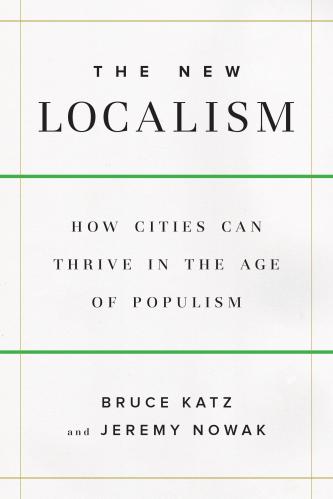

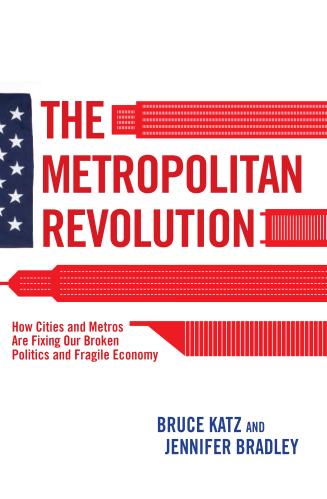
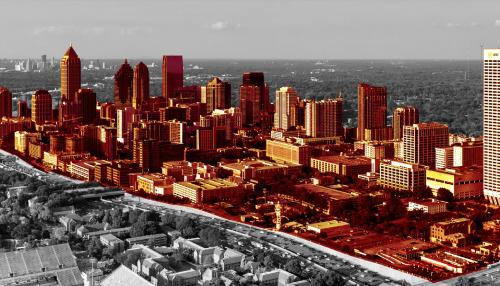

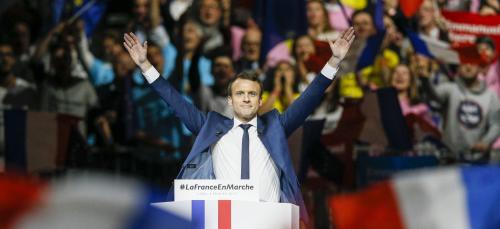
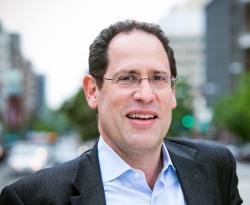
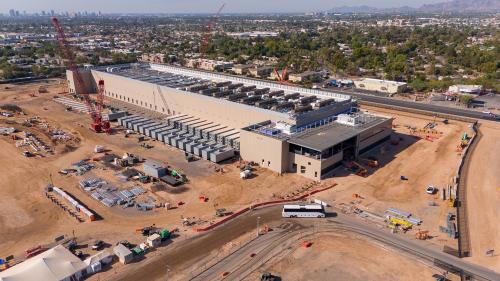
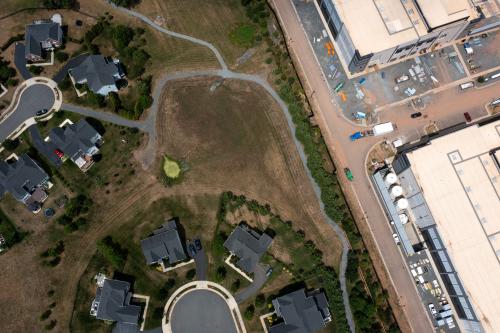
Commentary
The Paris model for city problem-solving
July 20, 2017